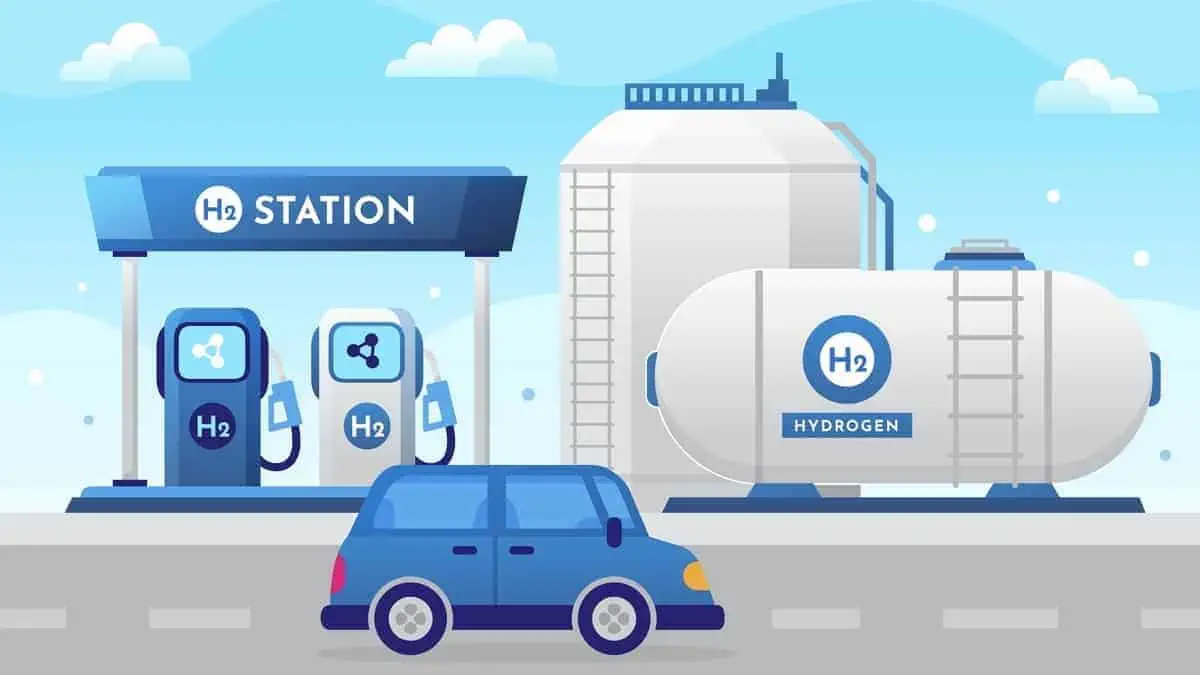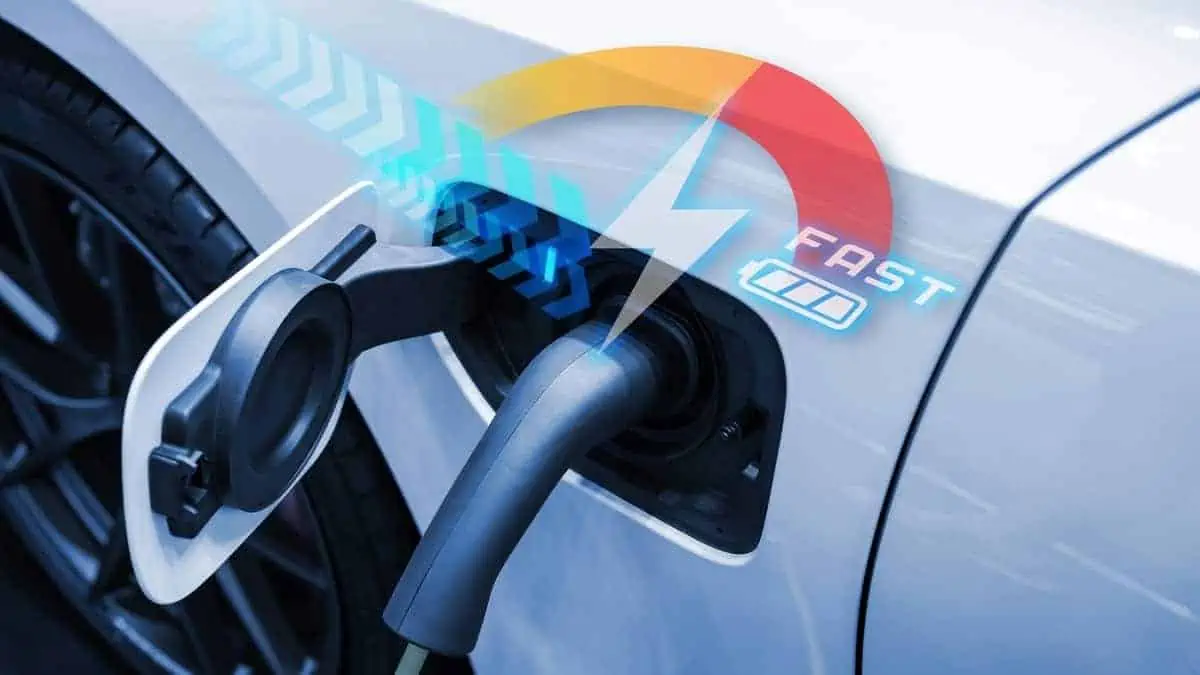California-based hydrogen vehicle fueling leader FirstElement Fuels has just launched the world’s first-ever large-scale hydrogen fueling station for heavy-duty commercial trucks outside the Port of Oakland, TruckNews.com reported.
Significant milestone
FirstElement Fuels held the hydrogen fueling station’s opening ceremony on Tuesday. Relevant people, including California Air Resources Board (CARB) Chair Liane Randolph and Governor Newsom’s Clean Transportation Advisor Tyson Eckerle, attended the event.
As mentioned, the company erected a new hydrogen fueling station near the Port of Oakland. It claims that the new hydrogen pumps can “fill” a truck’s tanks in just 10 minutes, which apparently equates to 200 trucks/day.
The new hydrogen fueling station currently serves 30 Hyundai Xcient semi trucks and several 30 Hyundai Xcient semi trucks Nikola hydrogen fuel-cell-powered trucks.
“Over the past 10 years since our creation we have taken on a leadership role in creating commercially viable hydrogen fueling stations. The technology that was out there couldn’t scale, or meet the needs of the public, and it didn’t have the reliability to make it viable.”
Shane Stephens, FirstElement Fuels Co-Founder
Government support
Advisor Tyson Eckerle disclosed that the US federal government will allocate a whopping $8 billion to accelerate the development of the domestic “hydrogen economy.”
Eckerle also expects adequate funding to develop up to 60 new hydrogen truck stations like the one in California, which would be enough to accommodate 5,000 trucks and 1,000 buses.
Sustainability concerns
Despite the significant advancement, there are still concerns about the technology’s sustainability and environmental impacts.
For instance, Los Angeles Times’ Russ Mitchell noted that hydrogen production can “be very dirty” in contrast to producers’ claims of sustainability.
“Producing hydrogen itself can be very dirty. Most hydrogen produced today requires methane, which is a fossil fuel and a strong greenhouse gas contributor. The industry is working on production alternatives, including carbon capture and storage from the burning of methane or quitting methane altogether to make green hydrogen, using an electrolyzer to split water’s hydrogen and oxygen.
Both alternatives are prohibitively expensive without government subsidies.”
Los Angeles Times’ Russ Mitchell
Therefore, it would be challenging for the company and the hydrogen industry to convince battery-electric vehicle advocates about hydrogen vehicles’ sustainability.
Nonetheless, FirstElement Fuels’ feat remains a significant advancement in the push for cleaner transportation. Some people may prefer hydrogen-based vehicles as alternatives to more expensive BEVs.






